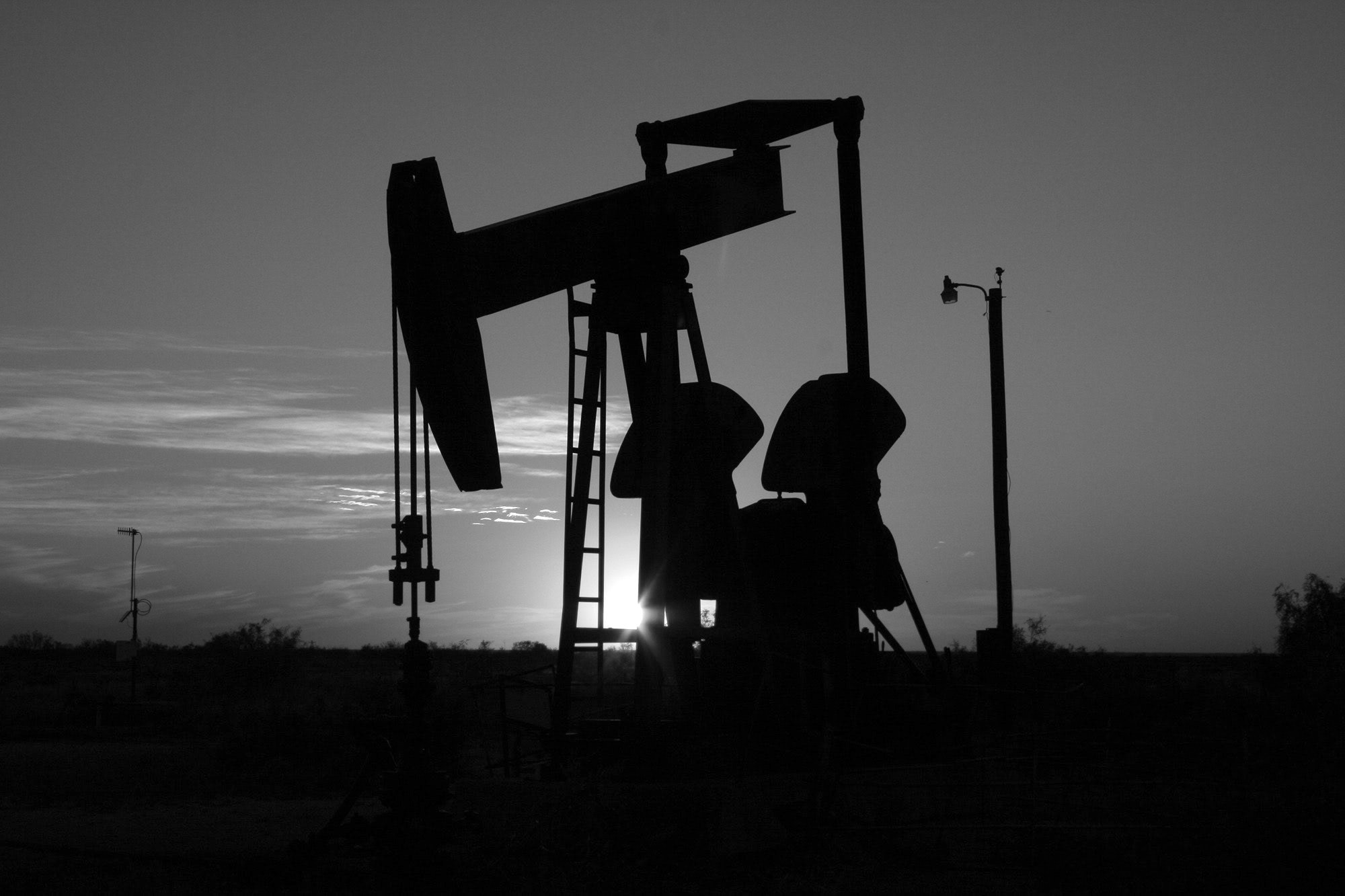There is absolutely no doubt that the next OPEC ministerial meeting in June will pit Saudi Arabia and its Gulf allies against Iraq, Iran and Venezuela, three founder members of the oil exporters organization. Saudi Arabia has increased its production 140,000 barrels a day above its 10.058 MBD output ceiling in the pact the kingdom had brokered between OPEC, Russia and non OPEC oil producers. There has been a significant shift in Saudi oil policy since early May and the kingdom wants to increase output to bring down oil prices, probably in response to pressure from the Trump White House. Saudi Arabia has always feared oil price spirals that could cause global recession and decimate demand for its sole major export commodity. Russia has also increased its oil production in May to almost 11 million barrels a day, in response to pressure from the cash strapped oligarchs who run Lukoil, Rosneft and Gazprom Neft. If history is any guide, the kingdom’s closes OPEC allies Kuwait and UAE will also increase output this summer.
I track the impact of the Saudi oil policy shift in real time on my Bloomberg screen. Net longs in the West Texas Intermediate crude contract have plunged by a third since their January peak. A similar pattern exists in the North Sea Brent futures contracts. Speculative money no longer expects oil prices to rise. If Russia, Saudi Arabia, Kuwait and the UAE supply 1 million extra barrels a day of crude oil to a market that faces no real shortages, the optimal strategy is to remain short oil with an $60 Brent crude target.
It is also rational for Iraq, Iran and Venezuela to protest Saudi Arabia’s determination to engineer lower oil prices. Iraq exports 3.62 MBD of Basra Light and cannot easily expand production while Baghdad has not resolved all its political issues with the Kurdish regional enclave in Erbil. Iran and Venezuela cannot expand output due to US sanctions and chronic financial crises. The geopolitical fissures in OPEC will resurface in Vienna.
The 2014 – 16 oil crash was brutal in its sheer scale. Brent crude was $115 in June 2014, the month Daesh terrorists seized the Iraqi city of Mosul, and plunged to $28 by February 2016, when Saudi Arabia finally signalled its intention to resume playing its role as OPEC’s “swing producer”, the de facto central bank of oil. The kingdom then led a 1.8 MBD output cut with Russia and two dozen other oil producing countries worldwide. The harsh reality of OPEC is that climate change, electric cars and new gasoline engine technologies lead to a peak in consumption at the same time as the Permian Basin shale oil drillers turn to global export markets. This means the primary trend for crude oil is to fall since OPEC supplies only a mere third of global demand. Unlike in the 1970’s, OPEC is a price taker, not a price maker.
Saudi Arabia and Iraq, with the world’s biggest long life reserves and lowest lifting cost, will be in a competitive race to produce and export as many barrels as they possibly can before technology makes fossil fuel obsolete. Oil gluts, not oil shortages have seen the swords of Damocles for oil producers ever since John D. Rockefeller created the Standard Oil trust in the later 1890’s.
International politics and the economics of drilling suggest a stable price is one that enables Saudi Arabia to finance its development plan and maintain its goodwill in Washington but also enables North America’s 4000 odd shale oil wildcatters and Big Oil to earn an economic profit. Economists estimate this stable, crude oil price at current prices is $50 – 56 Brent. This is the reason the smart money bets Brent will drop from its current $75 to $60 or lower by year end. This is the reason I ignore ostensible “bargains” in Wall Street oil and gas stocks.

























